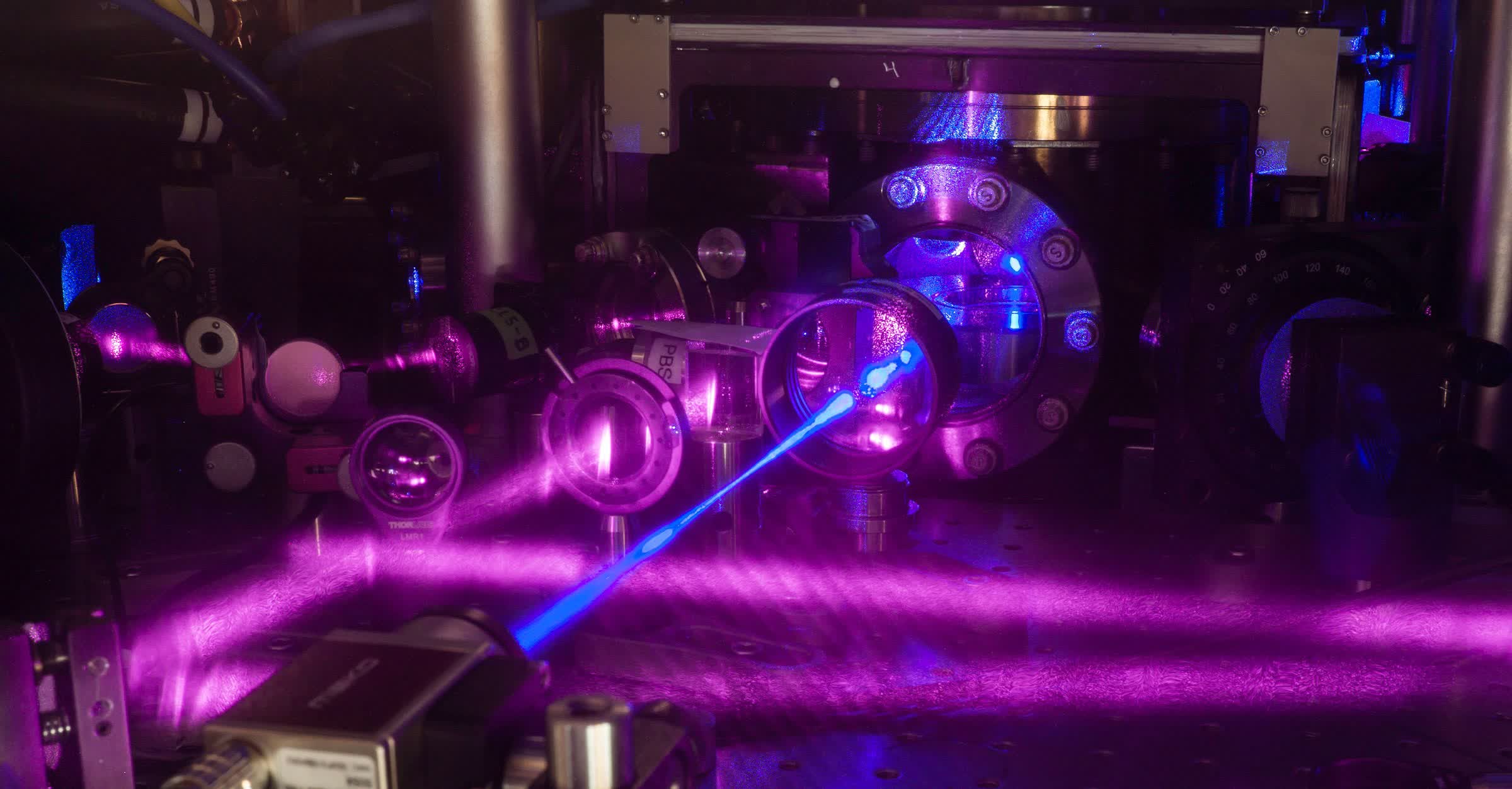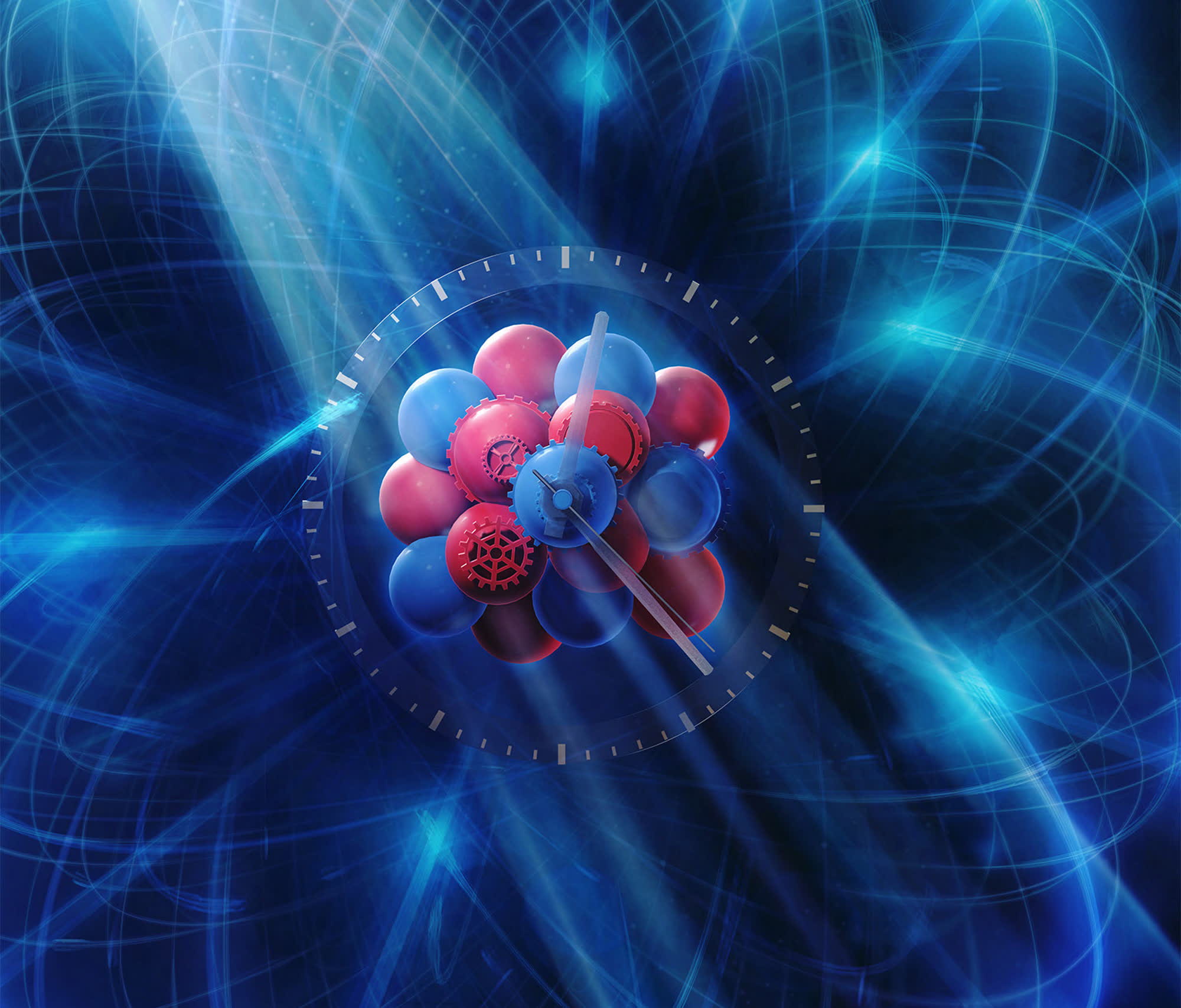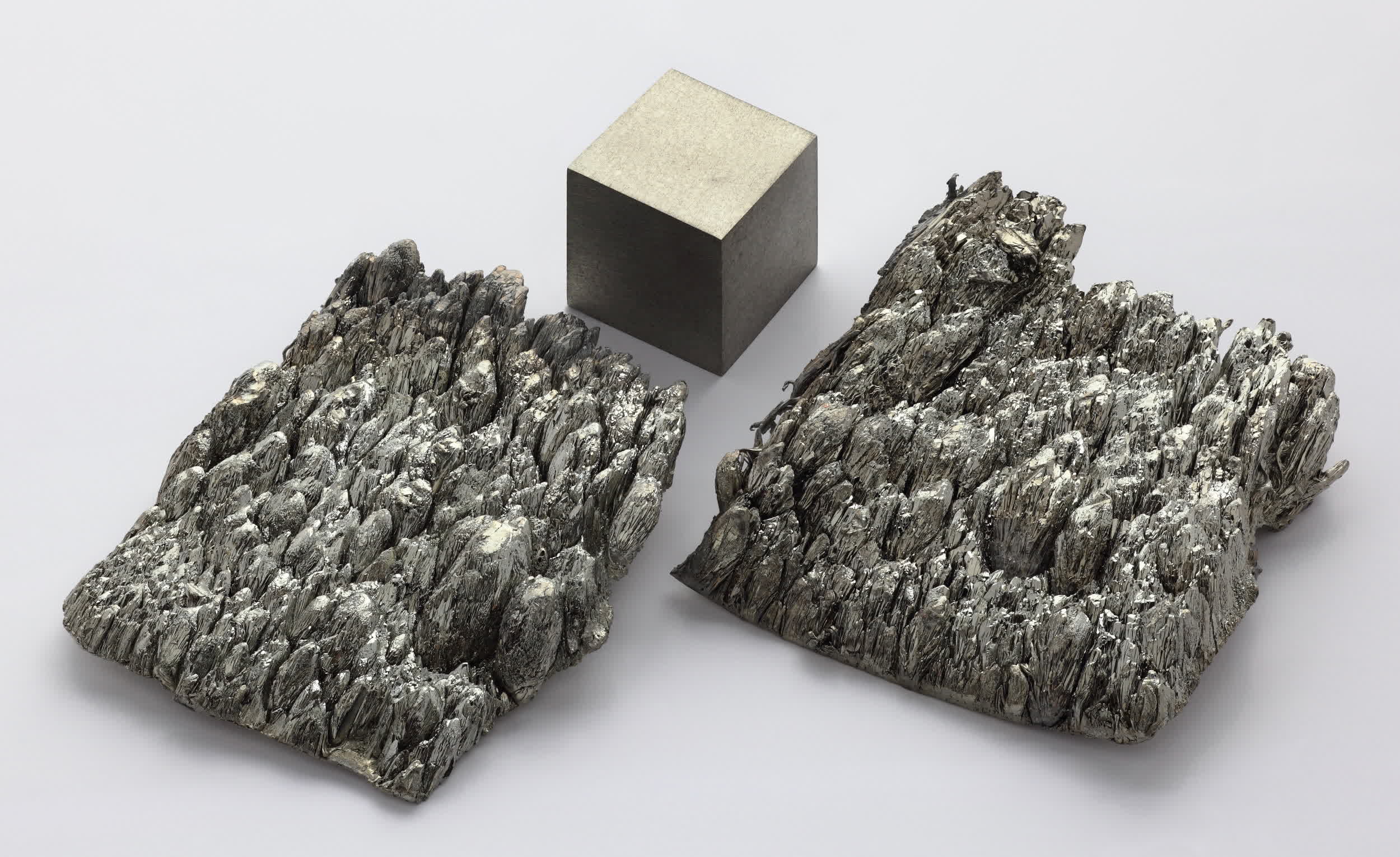Forward-looking: Atomic clocks are extraordinarily precise and intricate timekeeping devices, capable of maintaining accuracy without losing a second over hundreds of millions of years. Currently, researchers are actively exploring the development of potential nuclear clocks that could offer even greater precision and reliability in time measurement.

A recent experiment conducted at the European X-Ray Free-Electron Laser Facility (European XFEL) has demonstrated the potential of scandium as an exceptionally precise "nuclear" clock, boasting an accuracy level of 1:10,000,000,000,000. Such a scandium-based atomic clock would remain accurate without losing a second for a staggering 300 billion years, which is approximately 22 times the age of the universe, as explained by the researchers.
Atomic clocks, renowned for their exceptional accuracy, rely on utilizing electrons within the atomic shell of a chemical element to generate precise pulses, thereby defining time. "Conventional" atomic clocks employ cesium atoms, where electrons can be elevated to higher energy states by predetermined microwave radiation frequencies. The energized electrons absorb these microwave pulses.

An atomic clock fine-tunes the radiation frequency to maximize energy absorption, a phenomenon referred to as "resonance." This resonance enables the quartz oscillator, responsible for generating microwaves, to maintain such stability that cesium clocks can remain accurate to within one second for 300 million years. By employing a similar technique with an exceptionally narrow resonance, strontium-based atomic clocks can achieve even greater precision, losing only 1 second in 15 billion years.
However, it's worth noting that the method of electron excitation has limitations when it comes to further enhancing timekeeping accuracy. Consequently, researchers have devoted significant efforts to developing "nuclear" clocks, which focus on energetic transitions within the atomic nucleus, operating below the atomic orbital level where electrons are located, as a novel means of generating precise time measurements.

Nuclear resonances, as researchers note, are significantly more precise, but they are also more challenging to achieve. Scandium, a rare-earth element first discovered in 1879, is readily available either in the form of high-purity metal foil or as scandium dioxide compound. Scientists recognized the potential of scandium resonance more than 30 years ago; however, this resonance necessitates X-ray pulses with an energy level of 12.4 kiloelectronvolts, approximately 10,000 times greater than visible light.
Recent advancements in laser technology, such as the European XFEL, have transformed the landscape. Researchers utilized this facility to expose a 0.025-millimeter-thick scandium foil to X-ray laser light, leading to the emission of a "characteristic afterglow" by the excited atomic nuclei. This afterglow serves as evidence of scandium's exceptionally narrow resonance line.
Having achieved resonant excitation of scandium nuclei and precisely measured their energy, researchers now envision numerous potential applications for these ultra-precise timekeepers. Scandium atomic resonance could be harnessed for future nuclear clocks, as well as for "ultrahigh-precision spectroscopy" or the precise measurement of fundamental physical phenomena, according to experts. A scandium nuclear clock has the potential to probe gravitational time dilation at "sub-millimeter distances," offering a new means to investigate relativistic effects on previously inaccessible length scales.